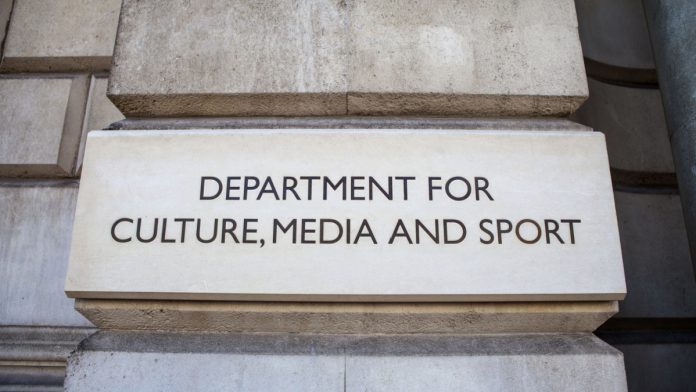The government’s proposal for cashless payments at high-street gaming arcades is a positive step forward, but requires committed work among stakeholders for effective implementation.
Stuart Andrew, DCMS Secretary – charged with political oversight of the Gambling Act review – made this clear to the members of Bacta, the UK’s amusement arcade trade body, in a speech earlier this week.
Ultimately, stakeholders can expect DCMS to implement a framework of minimum player protection standards to be adhered to for gaming machines to accept cashless payments.
“I am sure many of you will be pleased to see that the government has committed to allowing cashless payments to be made on gaming machines,” Andrew informed delegates.
“Payment methods have shifted substantially in recent years, with many customers on the high street no longer carrying cash as they used to.
“Having visited Novomatic and Merkur’s high street arcade venues in Hammersmith, I appreciate that there are ways for customers to use their card through things like ticket-in-ticket-out machines.”
The UK Gambling Act review reached the end of its two-and-a-half year course in April with the publication of a White Paper, with several recommendations for the future of British gambling regulation.
Unsurprisingly, this includes proposals relating to gambling payments and KYC, and in the case of the land-based arcade sector Andrew and other policymakers believe there are much needed updates.
As it stands, amusement arcades only accept physical cash. This is an outdated payment mechanism, the DCMS Secretary explained to Bacta members, which is ‘out of step with how people expect to be able to pay for things’.
“The ability to use debit cards on gaming machines is a necessary modernisation to ensure that the sector is able to keep up with changing consumer preferences,” he continued.
However, for this measure to be effectively adopted a lot of work needs to be done – in Andrew’s words, the transition cannot be completed overnight and there will be “technical challenges that manufacturers and operators will need to work through together”.
To support this transition from cash only to a hybrid, debit card-encompassing payment methods, the DCMS and UK Gambling Commission (UKGC) have been engaged in extensive consultations with gaming industry stakeholders.
“The evidence provided through consultation has been extremely helpful in shaping our thoughts on this and we will set out more details in the government’s response to the consultation,” he concluded.
Other issues relating to payments are also being ironed out, however. Chief among these are finance risk checks, the White Paper’s solution to affordability checks, which are still a hot button issue in the debate around the UK gambling sector’s regulatory direction.






















